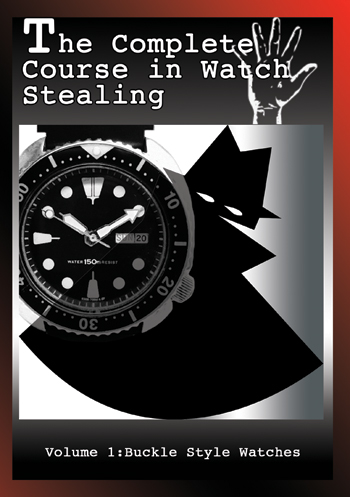
Oppositional defiant disorder is a disruptive behavior disorder that can be diagnosed in children as young as preschoolers who demonstrate hostile or aggressive behavior and who refuse to follow rules.

When lying, stealing, and other antisocial behaviors occur regularly, or beyond the expected age, the person may be said to have a disruptive behavior disorder, such as oppositional defiant disorder, conduct disorder, or antisocial personality disorder. Some children, adolescents, and adults break rules of conduct frequently and on purpose even though they know it is wrong. Most children try to do right and feel rewarded by the praise they receive from adults and the pride they experience when social rules are followed. By 8 or 9 years old, most children, as long as they live in an environment where following social rules is encouraged, do not have problems with lying, stealing, or other disruptive behaviors. This process happens gradually and is made possible by positive coaching, support, and appropriate consequences from parents and teachers. Parents who are too harsh or abusive and parents who are too lenient or neglectful may fail to help children develop appropriate social behavior.Īs children are learning social rules, they are also developing the behavior controls to follow the rules. Parents who set clear expectations for behavior and follow through with clear consequences for misbehavior help children learn to behave well. By being honest, fair, and respectful, parents set a good example for children. Parents are important role models for children as they learn about honesty, fairness, and positive social behaviors. They learn about the importance of honesty and playing fair through social interactions with adults and with other children. How Do Children Learn to Be Honest?Īs children grow, they develop the mental and moral capability to know right from wrong. * impulsive means acting quickly before thinking about the effect of a certain action or behavior. Other children who have conditions that cause them to be impulsive* may need extra help learning social rules and developing the behavior controls to follow these rules. Once children learn the difference between truth and untruth, they may lie about their behavior to avoid punishment or because they fear other consequences of telling the truth.Ĭhildren who have developmental problems such as mental retardation may be unable to understand or remember societal rules. They have not yet developed the behavioral controls to resist taking what they want or the understanding of why they shouldn ’t.

Very young children may believe that whatever they see or hold belongs to them. Young children may fib, exaggerate, or tell tall tales because they have not yet learned to tell the difference between what is real and what they can pretend. They have not yet learned rules for social behavior. It is normal for very young children to say what is not true or to take what is not theirs. * truancy means staying out of school or work without permission.)įor searching the Internet and other reference sourcesĭisruptive behaviors Why Do Children Lie and Take Things That Do Not Belong to Them? Sometimes these misbehaviors and others, like cheating, truancy*, destroying property, or hurting others, are called antisocial behaviors, or disruptive behaviors, because they break social rules.

Such misbehaviors in children, adolescents, or adults, especially if they happen often, may be signs of other more significant problems. Lying (purposefully telling an untruth) and stealing (taking what does not belong to you) are dishonest behaviors that break the rules of society. Why Do Children Lie and Take Things That Do Not Belong to Them?


 0 kommentar(er)
0 kommentar(er)
